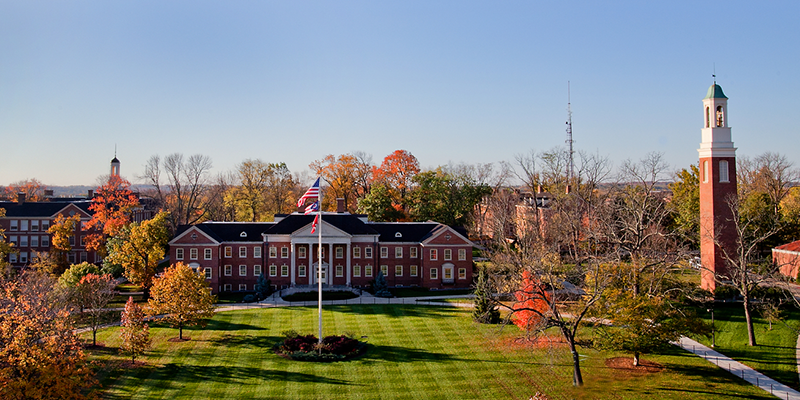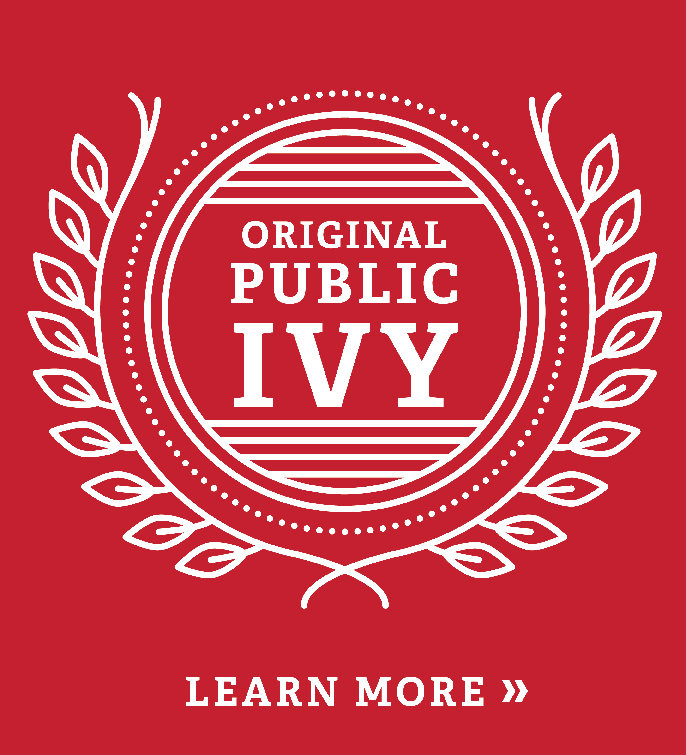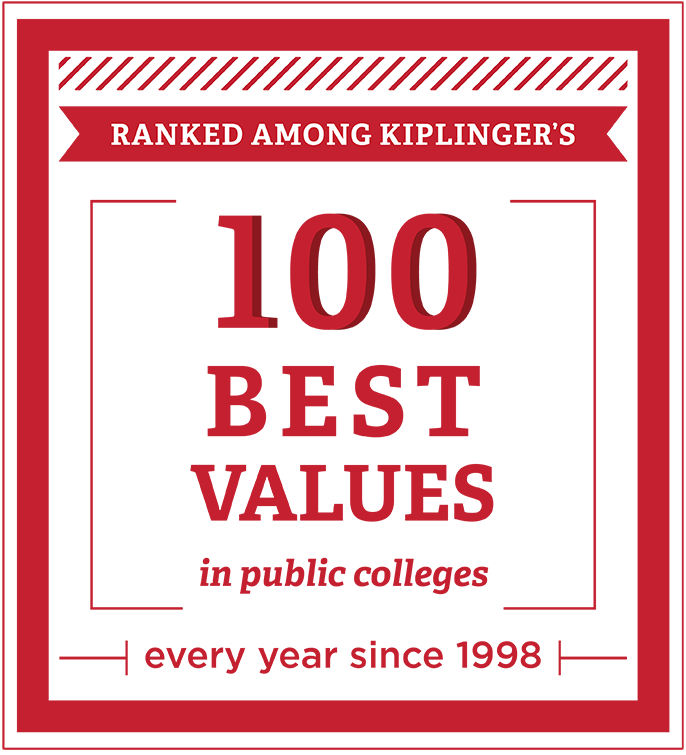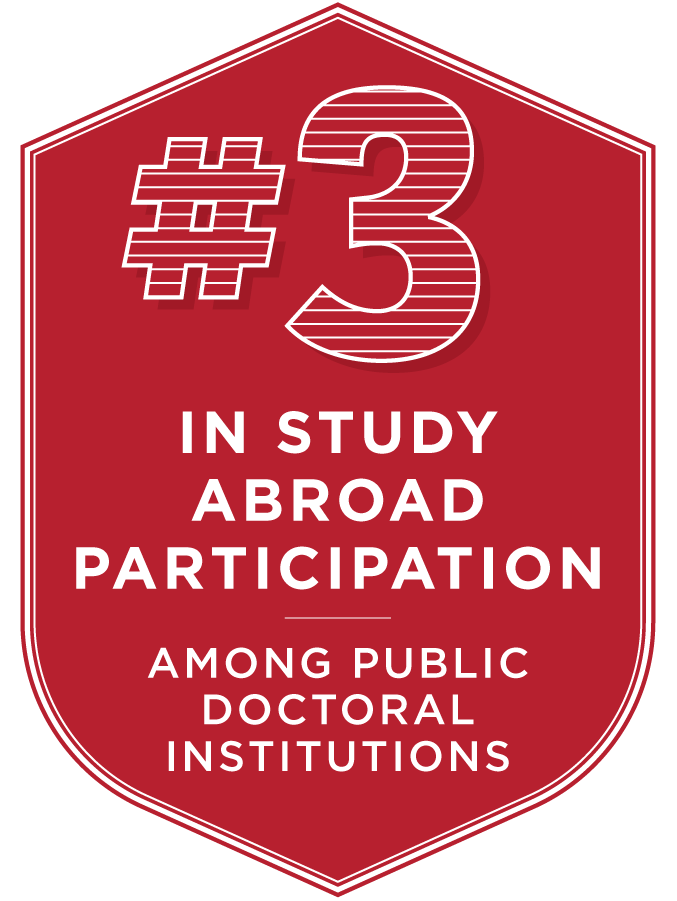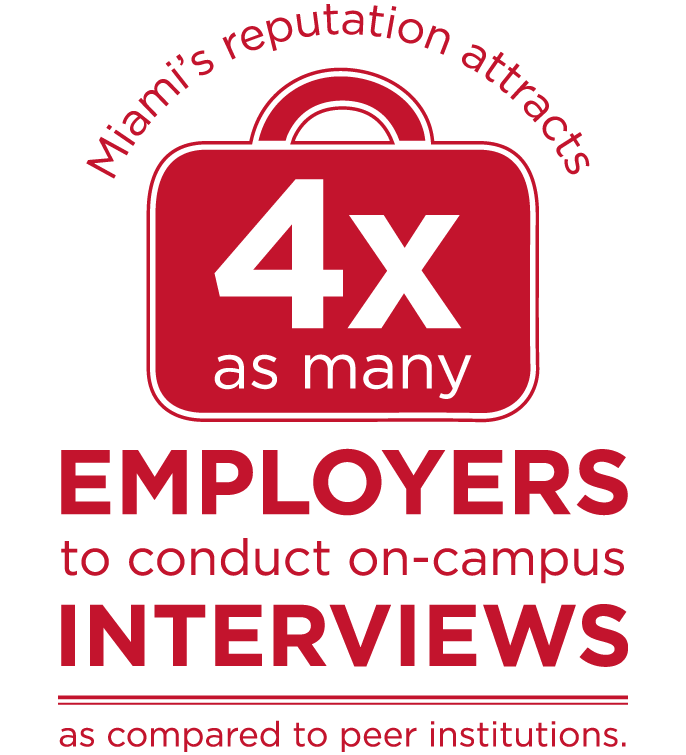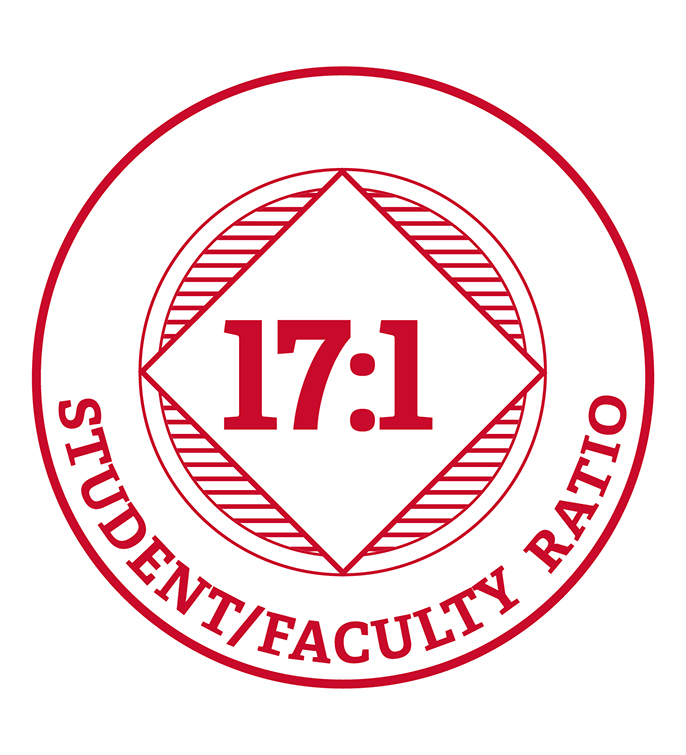Annual Address 2010
David C. Hodge
October 7, 2010
At Miami, we strongly encourage students to move out of their comfort zones, to take risks, to be exposed to ideas, people, and places that are different or uncomfortable. Do we inadvertently deter that behavior, and contribute to students leaving Miami, because the penalties for poor performance are too high? This year we are examining the options we provide for students that I hope will help them recover from poor performance in a course.
For those first-year students who fail to meet our minimum GPA requirements face required interventions. Our research shows that the more intensive interventions have substantially improved results. Yet they are not required of all students. Should they be? We are also recognizing that we have not applied the same interventions to sophomores who fall below the minimum GPA and are working on doing so, so that these students have the opportunity to rebound and meet our high standards of excellence.
For many students, “gateway courses” figure prominently in the academic paths they pursue. To what extent do we see these courses as preparing, or weeding out students? For most of higher education, gateway courses have performed the role of narrowing the pool of eligible students. Clearly, it is good to figure out early whether or not a particular field of study is right in terms of both aptitude and attitude. But so often, students, especially under-represented students or students who come from less rigorous high schools, flounder in gateway courses because of their inadequate preparation or study skills, and not because of their native aptitude. How do we approach the design of these courses so that we keep the high standards and yet accommodate diverse backgrounds and learning styles? Again, improving our ability to accomplish these difficult goals will add greatly to the culture of success at Miami and materially add to the retention of our students.
Academics are clearly at the center of our retention efforts, but other activities typically connected to Student Affairs also figure prominently in retention. For the Oxford campus, residential life is at the heart of a highly personal transition to independence, a journey complicated by a new roommate, new surroundings, and different expectations. Recent research has pointed out how important these factors are in determining the extent to which a student feels that they “fit in.” There are always some students at every university who honestly discover that they made the wrong choice. But most students who want to give up during their first semester are struggling simply to find out how to fit in. The focus on co-curricular life is hugely important to this. We have made great improvements in our new student orientation and in the activities that engage new students in their first days on campus. We must continue that improvement, constantly seeking ways to better prepare students before they come to Miami and then helping them to connect once they are here–connect to the university, to their courses and professors, and to co-curricular activities.
One area where I believe that we can make significant improvements is in the implementation of our Living Learning Communities. We were pioneers in this practice, and it is a very important part of our identity. However, I believe that we need to find ways to increase the shared experience of the students in these communities. I would especially encourage our ongoing efforts to create opportunities for students who live together in LLCs to take more classes together. This will help students make connections with each other and their classes, and it encourages students to blur the boundaries of academic and co-curricular life, engaging in intellectual issues beyond the classroom. This has the potential to greatly strengthen our commitment to creating the full culture of engaged learning.
Similarly, our efforts to improve the Second-Year Residency Program are vital to our ability to retain and graduate our students. We created the Second-Year Program to increase student connections to the campus, noting that students who remain on campus in their second year do better academically and are more involved in campus activities. Throughout higher education, the sophomore year is often the year when students choose to leave a university. Getting the programming right, so that the second year substantively adds to a student’s connection and commitment to Miami is critical. This programming, along with improved advising, can significantly improve the retention, engagement, and ultimately, the success of our students.

